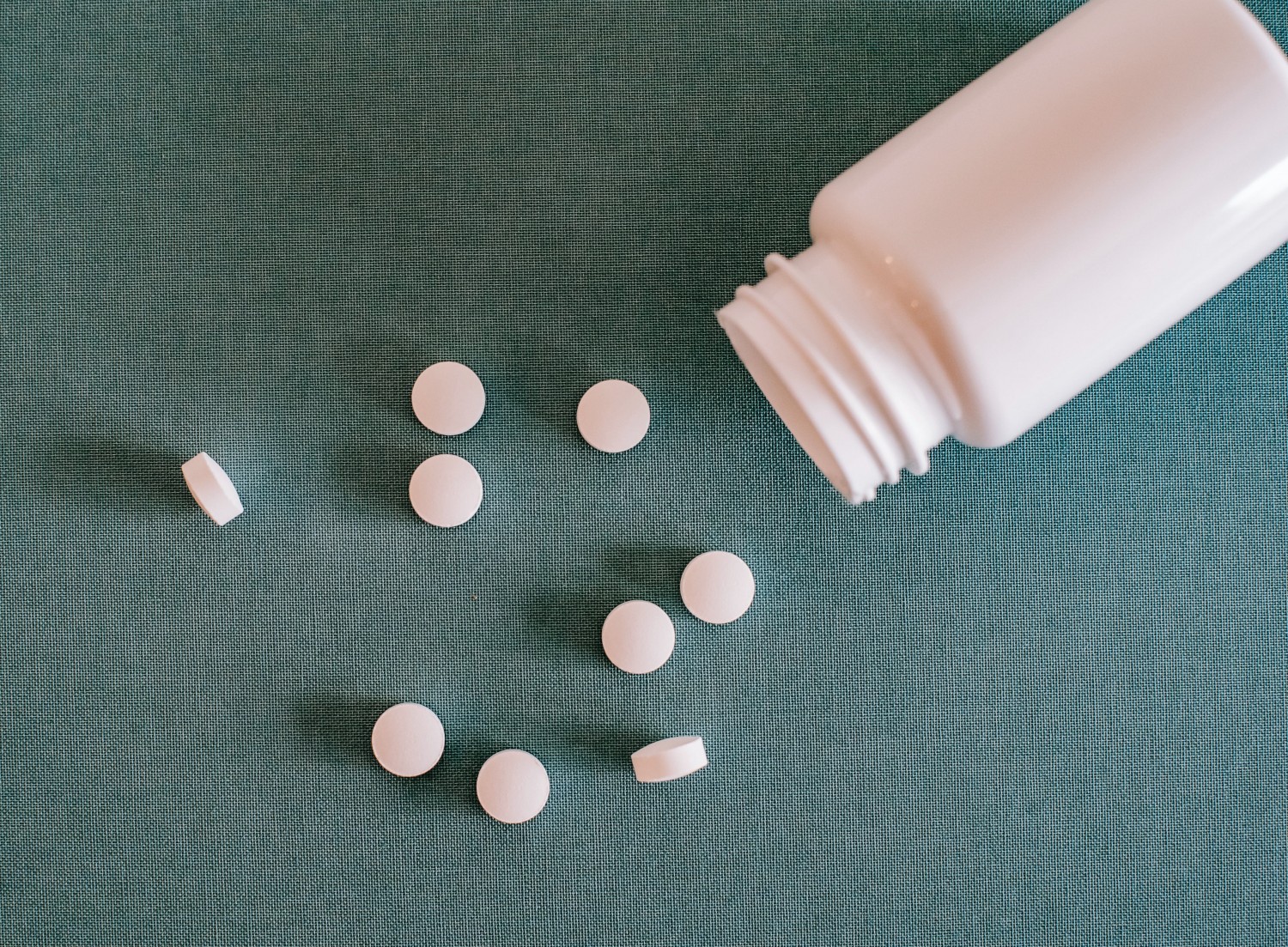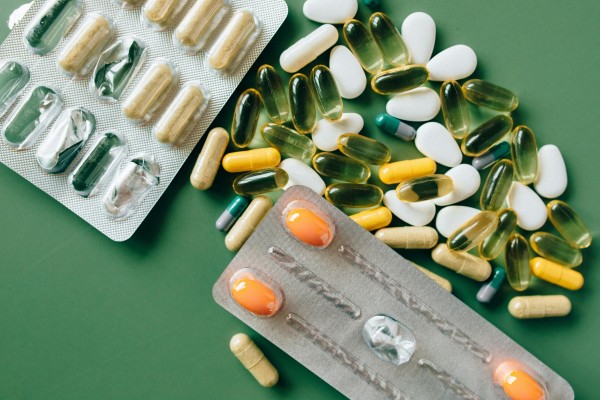Transo-Pharm Handels and the individuals involved in the case are required to contribute R$356.3 thousand ($71.4 thousand) to the Brazilian Diffused Rights Fund (“FDD” for its acronym in Portuguese).
German-based pharmaceutical company Transo-Pharm and two individuals have agreed to settle an antitrust probe in Brazil. Transo-Pharm Handels-GmbH and the individuals were under scrutiny for allegedly engaging in an international cartel that had an impact in Brazil involving the production and sale of Scopolamine-n-Bromethobutyl (SnBB). SnBB is an important input material to produce the abdominal antispasmodic drug Buscopan and its generic versions.
An administrative case was brought against seven pharmaceutical companies and 11 individuals associated with these transnational corporations on charges of creating a cartel in the production and commercialization of pharmaceutical products that are used in the production of antispasmodic drugs.
According to the investigation, the conduct took place in several countries, with potential effects in Brazil, from the early 1990s until at least 2019, and was made possible through exchanges of messages and meetings. These practices would have specifically affected the production and sales chain of the SnBB drug.
With the signing of the cease-and-desist agreement, the process will be suspended in relation to the company and the individuals involved until the final judgment of the case by the CADE Tribunal, when compliance with the obligations set out in the agreement will be assessed.
CADE started a full-blown investigation into an alleged international pharmaceutical cartel in 2021. According to the CADE’s investigatory unit (“Superintendence”), there was evidence that seven multinational companies and some employees and former employees entered into anticompetitive agreements to fix production volumes, coordinate prices, and protect territories and preferential clients from entrants.
On October 19, the European Commission also fined Transo-Pharm, Alkaloids of Australia, Alkaloids Corporation, Boehringer and Linnea a total of €13,4 million for participating in a cartel concerning SnBB ingredient. C2 PHARMA was not fined as it revealed the cartel to the Commission under the leniency programme. All six companies admitted their involvement in the cartel and agreed to settle the case.




